The Grand Bargain that will gradually raise the Massachusetts minimum wage to $15/hour and fund paid family and medical leave with a modest payroll tax is not a win for everyone. Using the threat of a sales tax reduction referendum, business negotiators walked away with A Grand Wage Theft: no overtime for Sunday and Holiday work.
One estimate is that 300,000 workers will be injured by this change. That Sunday shopping is now “normal” is not an excuse to require workers to forego their family, rest and religious observance time without compensation. It obvious that it is not necessary to the successful operation of the vast retail industry that operates on Sunday – they are doing it now, they can do it in the future without this new immense subsidy.
Progressive legislators, I was told by informed by observers, were given twelve hours’ notice of the vote on the Bargain. Not so much for considered action or constituent response. Now, the Bill is on the Governor’s desk and I hope he will sign it.
Then, the next Session of the Legislature should restore overtime pay for Sunday and Holiday work. If employers want to put workers to work on these days, they should pay for it. One of the most important 20th Century stories is the successful struggle for the eight hour day, for respect for time off, for our common understanding of the precious value of time for ourselves, time the employer does not own.
Repeal the Sunday Wage Theft.
Robert J.S. Ross, PhD
President, Sweatfree Purchasing Consortium
Research Professor of Sociology and
The Mosakowski Institute for Public Enterprise
See Slaves to Fashion the book about poverty and abuse in the new sweatshops.

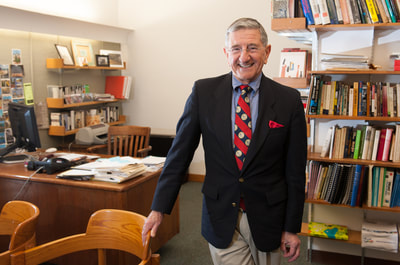
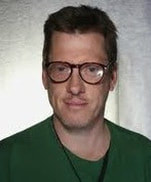
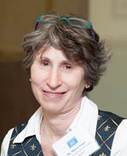

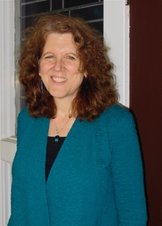

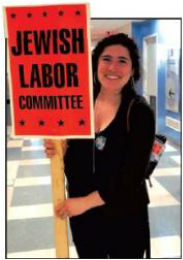
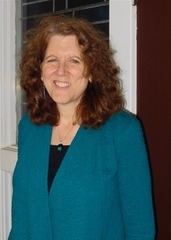


 RSS Feed
RSS Feed
